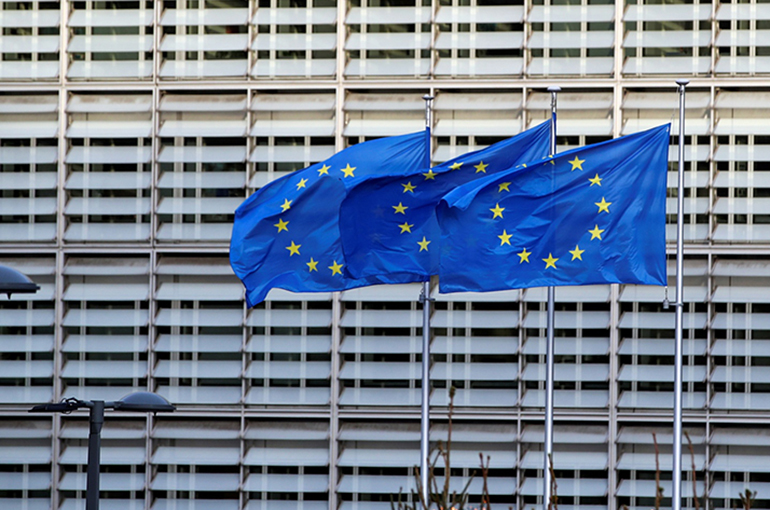 Chinese Firms Must Better Prepare for New EU Foreign Subsidies Rules, Expert Says
Chinese Firms Must Better Prepare for New EU Foreign Subsidies Rules, Expert Says(Yicai) Oct. 16 -- China’s businesses need to make better and earlier preparations to deal with new European Union rules aimed at curbing overseas buyers that it deems to unfairly benefit from foreign subsidies, according to a Chinese academic.
The Foreign Subsidies Regulation, which came into effect on Oct. 12, is mainly aimed at Chinese and US companies, but US firms are much more organized, said Zhao Yongsheng, director of the French Centre for Economic Research at the University of International Business and Economics in Beijing.
American businesses have already put together clear materials and data, and have come up with more fully developed workarounds, said Zhao, who is also a doctoral supervisor at the Sorbonne University in Paris. Chinese firms are relatively inexperienced in this area and once they come under scrutiny, it could take some time, he said.
The EU’s new rules give the European Commission the power to investigate subsidies provided by non-EU countries to businesses operating in the region to create a more level playing field for all.
Many small and mid-sized firms in the EU are now on the brink of bankruptcy, and other European companies do not have enough capital to acquire them, Zhao said. Though this gives Chinese businesses more opportunities, they also need to make compliance preparations well ahead of time, he said.
If Chinese firms want to invest in Europe, they need to perform a full check of previous subsidies, especially those listed in the FSR, and make contingency plans with lawyers and accountants in case of an emergency, an international M&A expert told Yicai.
According to the new rules, if a company in the EU has an annual turnover of more than EUR500 million (USD226.2 million) and has received subsidies of over EU50 million from non-EU nations in the past three years, it needs to declare this to the authorities. As for procurement, if a firm bids for a EUR250 million public tender, it cannot receive third-country subsidies of over EUR4 million.
The FSR will mainly affect mergers and acquisitions as government takeovers of businesses are quite few, Zhao said, adding that it will mostly focus on financial subsidies such as loans, public utility subsidies and land-use rights that are provided on non-market terms at first.
Once a declaration is made, the first phase of an investigation will take 25 working days, said Ninette Dodoo, co-head of the China antitrust, competition and trade practice at Freshfields Law Partners. If an in-depth probe is needed, it will take 90 working days, and this can even be extended to 105 working days if additional corrective measures are proposed.
Editors: Shi Yi, Kim Taylor